When bishops are blinded by hate
By Ludy A. Ongkeko, Ph.D.
Despite the beginnings of 2013, a new year, meant to usher in renewals of hope and life, the much-awaited Reproductive Health (RH) Law of the Philippines — highly cheered by about 85 percent of that nation’s people led by President Aquino — the Bishops continue to spread their vociferous opposition cloaked in wrath.
It is distressing to Catholics and non-Catholics to hear how the Church’s leaders who were behind and still behind vehement contradiction to that legislation have sought non-Christian methodology.
Prior to the bill becoming Law 10354, loud warnings were rife on name-calling, threats, excommunication, heresy and what were called ‘foul,’ by Malacanang officials based on unfair allusions to Aquino being likened to Newtown, Connecticut shooter Adam Lanza. Archbishop Ramon Arguelles was quoted as saying that “while a 20-year-old gunman killed 20 children in the U.S., President Aquino would be killing millions of children with a stroke of a pen if he signs the RH bill into law.”
Why the opponents of the aforementioned legislation identified as ‘coming from the Catholic Church,’ have become so acrimonious in their stance is so discouraging to members of the population who embrace their faith.
What seems to be on the near horizon are: the Bishops have openly warned that they will campaign against members of Congress who have been strongly for the RH Law and who have announced re-election plans; President Aquino has been threatened with excommunication by Church leaders; many faculty members of the Ateneo de Manila University who sided with the RH Law were advised by the same Church leaders that they could be guilty of heresy and as such, they could find themselves unemployed; threats from Catholic bishops are heavy on warnings and challenges, and are ‘prepared’ to challenge the law’s constitutionality.
Recently, the Catholic Bishops’ Conference of the Philippines evidently appropriated the image of Dr. Jose P. Rizal, the country’s foremost national hero, on a banner quoting his well-known declaration about “The young are the hope of the nation,” claiming that with the RH Law, children are going to die. Trying to guess what the Philippines’ well-revered hero would say about the RH Law is not only laughable. It is ridiculous.
There is no guessing about President Aquino’s stand on the RH Law. It is clear. The president’s intention to ‘give families better quality of life and, at the same time, reach out to opponents of the law,’ in all lucidity, is what the position of a chief executive is all about. Coming from a Catholic family, he did not view his thoughts and reflections on the law in a personal manner. He signed the bill the way he had always been: an independent-thinking president, not to be fazed by threats, but proceed in being a staunch believer that having one measure that became the RH Law is for the nation’s good.
The Bishops and their followers continue their plans to consider the law an enemy of the people because they aver it is ‘unconstitutional.’
To a layperson, the new law was ‘never meant to bring down the bishops, much less the Catholic Church.’ If sane thinking were to prevail, removing biases built on rancor, devoid of religion, should be the immediate outlook when the RH law joined the newer laws of the land.
Wasn’t the new legislation meant to help women and men of the Philippines realize their own reproductive dreams, to provide veritable quality of life for the families they can raise properly, through proper nourishment, shelter, education and the bottom-line, what it would bring to each family. The meaning is clear, it delineates what it means to be human as defined and brought to life by men, women and their progeny in the knowledge that they are free to raise them in the manner by which they regard their role as parents.
Instead of spreading hate and calumny, wouldn’t it be more Christian-like for the Church’s leaders to call for reconciliation, close a highly divisive chapter of Philippine history and therefore, the people can look forward to the possibility of cooperation and reconciliation where dialogue can be realized, shunting aside hatred and calumny, but working together in a joint effort toward betterment of the Filipino people’s welfare?
Wouldn’t the foregoing be more likely for spokesmen of the Church to be identified with, instead of threatening to challenge the constitutionality of the new RH law before the Supreme Court?
Members of the religious are supposed to pray for laymen. It seems to be the other way around now. Since the Bishops have proven that they cannot tolerate opposing views with respect to their convictions, so what is left for the laity to do? Pray for their bishops?

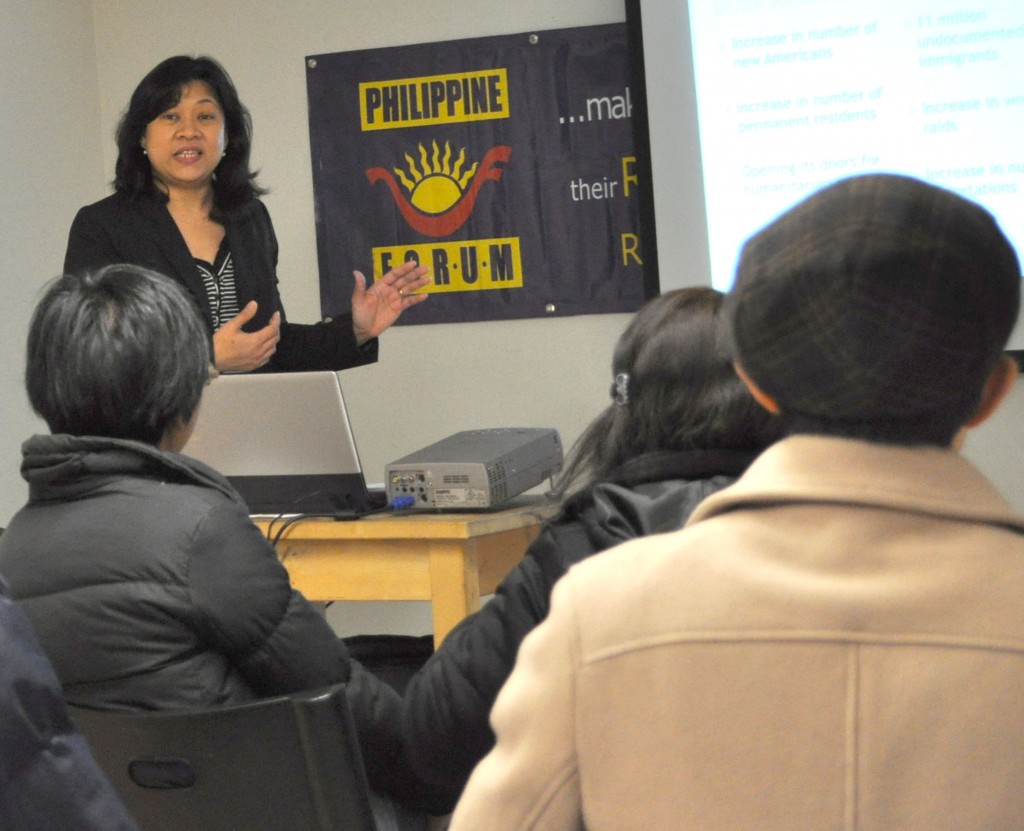
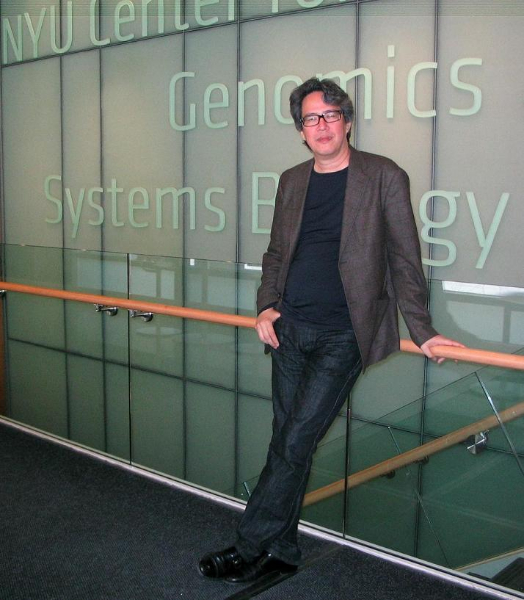
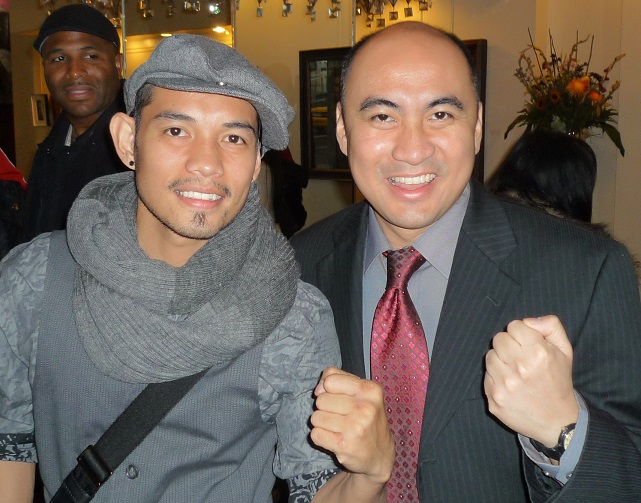

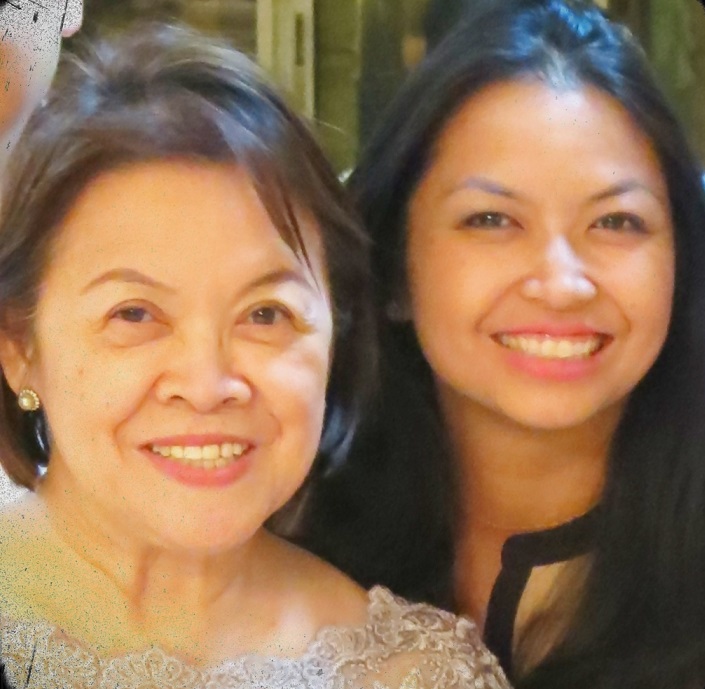
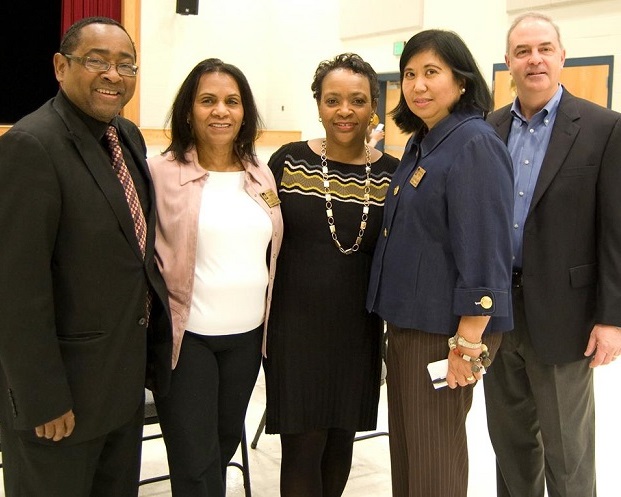


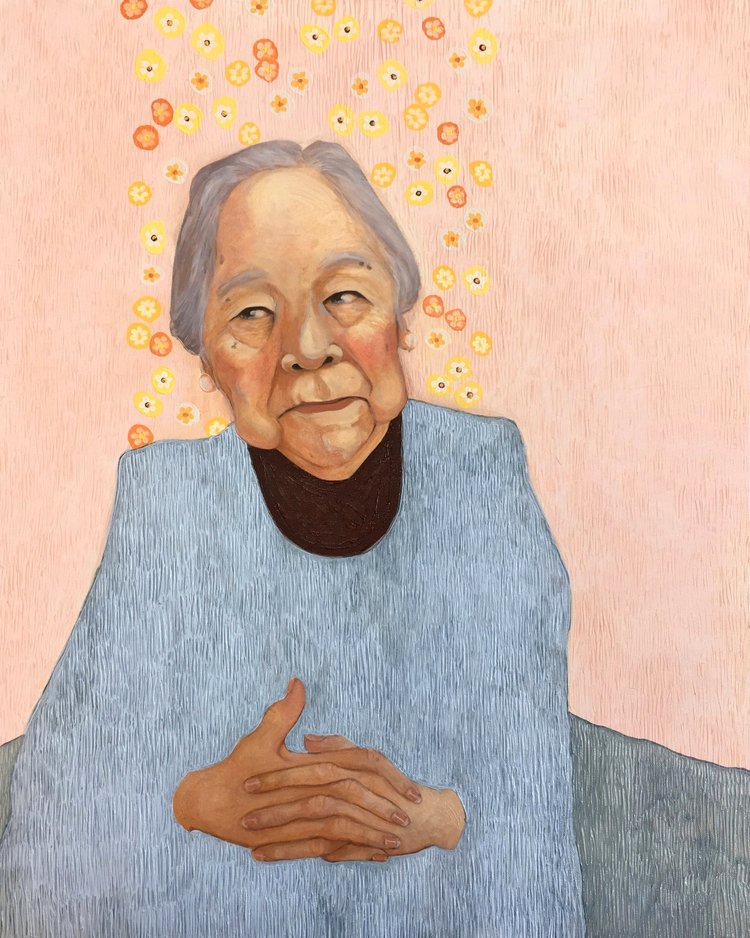


“Since the Bishops have proven that they cannot tolerate opposing views with respect to their convictions, so what is left for the laity to do?”
So, did you actually expected the Bishops to make compromises on issues that touch on faith and morals? I’d have less respect for Bishops who would make compromises. The Church has stood for more than 2,000 years because of its adherence to the same deposit of faith.